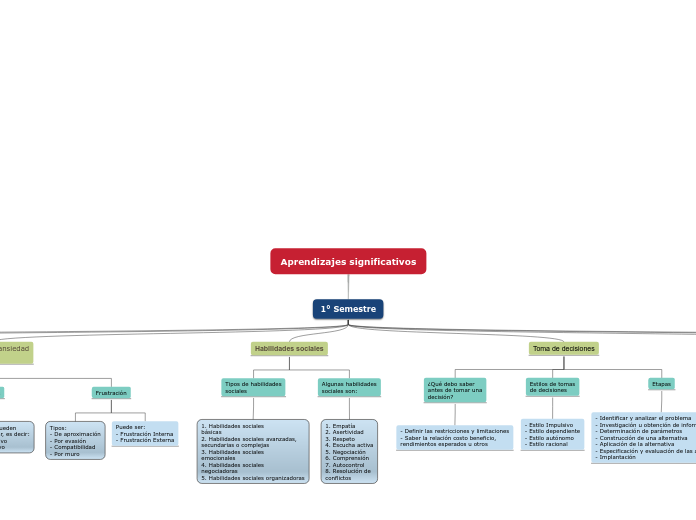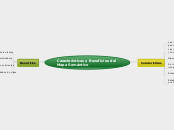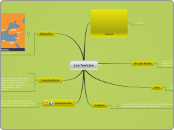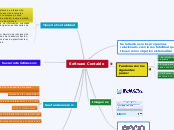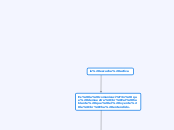Aprendizajes significativos
Type in the name of the multiple-perspectives text.
Example: Bridge to Terabithia by Katherine Paterson
1° Semestre
Identify an important issue from the text that is being presented from different angles. Type it in.
Example: Jesse's drawing talent.
Autonomía en
la vida universitaria
Es vital:
- Establecer independencia
- Asumir la responsabilidad
- Ser consiente de si mismo
- Aprovechar las comunidades de pares
- Documentar el progreso
Organización, hábitos
y estrategias de estudio
Curva del olvido
La mejor forma de no olvidar
lo aprendido, es darle un repaso
a diario, y de esta forma ir fijando todo el
conocimiento en nuestra mente.
Es importante:
- La motivación
- Objetivos realistas
- Buena Gestión de tiempo
- Evitar la procrastinación
Vocación
Para realizar una buena
elección vocacional
se debe considerar:
- Tiempo
- Intereses y gustos personales
- Aptitudes
- Los objetivos
Enfoques
- Enfoque conductual de la motivación
- Enfoque social
- Enfoque cognoscitivo de la motivación
- Enfoques humanísticos de la motivación
Consideraciones:
- Personales
- Ambientales como la familia,
centro escolar, entorno
cultural, realidad social, etc.
Toma de decisiones
Etapas
- Identificar y analizar el problema
- Investigación u obtención de información
- Determinación de parámetros
- Construcción de una alternativa
- Aplicación de la alternativa
- Especificación y evaluación de las alternativas
- Implantación
Estilos de tomas
de decisiones
- Estilo Impulsivo
- Estilo dependiente
- Estilo autónomo
- Estilo racional
¿Qué debo saber
antes de tomar una
decisión?
- Definir las restricciones y limitaciones
- Saber la relación costo beneficio,
rendimientos esperados u otros
Habilidades sociales
Decide on the fourth point of view
Type in the name of the last character whose perspective on the issue you are going to present.
Example: Leslie Burke, Jesse's new next-door neighbor, and best friend.
Algunas habilidades
sociales son:
1. Empatía
2. Asertividad
3. Respeto
4. Escucha activa
5. Negociación
6. Comprensión
7. Autocontrol
8. Resolución de
conflictos
Tipos de habilidades
sociales
Point of view
Type in a relevant quote that highlights the character's point of view. Try to follow a citation format: author's name, chapter, and page.
Example: I can't get the poetry of the trees,' he said. She nodded. Don't worry,' she said. You will someday. He believed her.' (Paterson, 4. 24)
1. Habilidades sociales
básicas
2. Habilidades sociales avanzadas,
secundarias o complejas
3. Habilidades sociales
emocionales
4. Habilidades sociales
negociadoras
5. Habilidades sociales organizadoras
How is the viewpoint introduced in the story?
Choose an answer:
First person point of view - using the personal pronouns 'I' or 'we'Second person point of view - using the personal pronoun 'you'Third person point of view - using the third-person pronouns 'he', 'she' and 'they'Omniscient point of view - an all-seeing observer tells the story
Emociones, ansiedad
y frustración
Whose character does the third point of view belong to?
Type in his/her name.
Example: Mr. Aarons, Jesse's father.
Frustración
Puede ser:
- Frustración Interna
- Frustración Externa
Tipos:
- De aproximación
- Por evasión
- Compatibilidad
- Por muro
Emociones
Las emociones nos pueden
favorecer o perjudicar, es decir:
- Pensamiento negativo
- Pensamiento positivo
La ansiedad
What does the character think, say or do that suggests their perspective on the issue?
Type in a quote and try to maintain the citation format.
Example: 'He would like to show his drawings to his dad, but he didn't dare. (...) He'd thought his dad would be pleased. He wasn't. What are they teaching in that damn school? he had asked.' (Paterson, 2.8)
Tiene un efecto negativo en el rendimiento
académico, y tiene manifestaciones físicas,
conductuales, emocionales y cognitivas
What kind of narration introduces the viewpoint?
Choose an answer:
First person point of view - using the personal pronouns 'I' or 'we'Second person point of view - using the personal pronoun 'you'Third person point of view - using the third-person pronouns 'he', 'she' and 'they'Omniscient point of view - an all-seeing observer tells the story
Motivación y
autoconocimiento
Decide on the second point of view
Name the character (it can either be the main character or one of the supporting characters) whose point of view you are presenting.
Example: Miss Edmunds, Jesse's music teacher.
AUTOCONOCIMIENTO
El autoconocimiento es un proceso permanente
de búsqueda en tu
interior y comportamiento,
para ganar autoconfianza, encontrar lo que
te gusta, eres capaz, te motiva y eres competitivo.
Vinculo entre MOTIVACIÓN
y AUTOCONOCIMIENTO
Para saber qué es lo que queremos ser realmente,
para saber qué nos motiva, para incrementar
nuestra automotivación y, en último término,
saber cuál es nuestra verdadera vocación,
es imprescindible el autoconocimiento.
MOTIVACIÓN:
Existen dos tipos
de motivación
Type in a quote that points out the character's position about the issue.
Try to follow a citation format: author's name, chapter, and page.
Example: 'She said he was unusually talented, and she hoped he wouldn't let anything discourage him.' (Paterson, 2. 8)
1. Motivación Intrínseca
2. Motivación Extrínseca
How is the viewpoint introduced in the story?
Choose an answer:
First person point of viewSecond person point of viewThird person point of viewOmniscient point of view
Adaptación a
la vida universitaria
Decide on the first point of view you are going to present.
Type in the name of the character (it can either be the main character or one of the supporting characters) whose point of view belongs to.
Example: Jesse Oliver Aarons, Jr., the main character of the novel, a fifth-grader living in a rural Southern area.
Lo más importante
en la adaptación es:
Type in a relevant quote that highlights the character's point of view towards
1° Semestre.
Try following a citation format: author's name, chapter, and page.
Example: 'Jesse drew the way some people drank whiskey. (...) Lord, he loved to draw. (...) When he was in first grade, he told his father that he wanted to be an artist when he grew up.' (Paterson, 2. 7)
- Ritmo de estudio y presiones
académicas
- Dudas vocacionales
- Incomodidad social, malestar
emocional o físico
- Fomentar la confianza en ti mismo
- Conocer mejor tu carrera
- Dejarse ayudar y darlo todo
- Enfrentar experiencias con optimismo
What type of narration introduces the viewpoint?
Choose an answer:
First person point of view - using the personal pronouns 'I' or 'we'Second person point of view - using the personal pronoun 'you'Third person point of view - using the third-person pronouns 'he', 'she' and 'they'Omniscient point of view - an all-seeing observer tells the story
